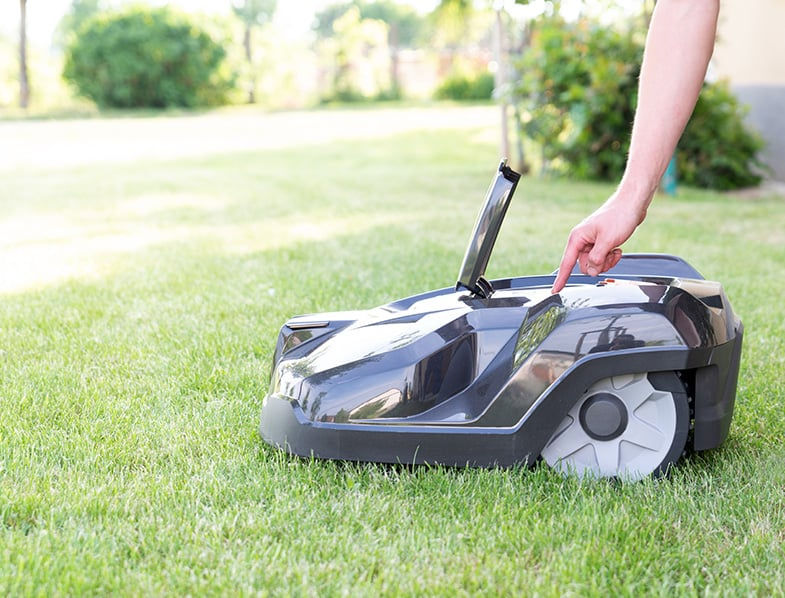Regular Porsche Service for Ultimate Performance
- Joseph Webb
- Oct 28, 2024
- 3 min read
Have you ever wondered why your Porsche, a masterpiece of German engineering, might not be operating as smoothly as it should be? Perhaps it starts with a slight deterioration in the finesse of its handling, or maybe you’ve observed that the engine doesn't sound quite right. In such situations, it’s crucial to ponder; does your Porsche receive the regular care it deserves?
In the world of performance cars, regular service isn’t just a choice but an absolute necessity. With this blog post, we aim to underline the importance of routine Porsche service and maintenance for optimizing its performance. We will delve deep into understanding the ‘why’, ‘what’, ‘when’, and ‘how’ of Porsche servicing, its potential benefits, and its possible drawbacks.

Understanding Why Regular Service is Vital
To appreciate the physics and engineering that goes into a Porsche vehicle, regular service is indispensable. The first reason is preservation—the intricate mechanisms in every luxury car need frequent servicing to avoid wear and tear, enhancing longevity. Secondly, regular maintenance can detect incipient issues in the initial stages, reducing the likelihood of crippling repairs in the future. Lastly, but most importantly, it guarantees optimal performance, eliciting unmatched vehicular capabilities.
What Does a Porsche Service Entail?
A service session can range from basic checks and balances to more intricate investigations. Essential services include oil changes, brake, and tire check, and necessary fluid replacements, ensuring the smooth run of your car's various systems. More profound servicing may delve into scrutinizing the engine performance, wear and tear of the suspension, and the overall health of the car's body and structure.
When Should I Service my Porsche?
The nuances of vehicle usage memories vary, and hence the 'when' isn't always set in stone. However, a general rule is to service your Porsche every 10,000 miles or annually, whichever comes first. Paying heed to your car's overall behaviour, including any unfamiliar vibrations, sounds, or troubles, should prompt an immediate check.
Who Should Service Your Porsche?
Trusting anyone with your precious Porsche isn’t wise—a specialist understanding the complexities of the brand should only do servicing. It's prudent to have Porsche-certified technicians working on your car that know the nitty-gritty of its mechanics and provide impeccable care.

Advantages and Drawbacks of Regular Servicing
On one hand, regular servicing means optimal performance, safer driving experience, improved fuel efficiency, higher resale value, and peace of mind. Conversely, the associated downside is the cost and time investment. However, the argument for regular servicing strengthens compared to the potential repair costs.
Service Alerts—Listen to Your Car!
Porsche vehicles have intricate built-in systems that alert when a service is due. Do not ignore any warning light or service alert- they are your car's way of communicating potential problems.
Pay close attention to these signals; they’re designed to prevent small issues from becoming costly. Whether it’s a brake system alert, oil change reminder, or check engine light, these notifications are your Porsche’s proactive approach to maintaining peak performance and safety. Addressing alerts promptly helps prolong your vehicle's lifespan and ensures each drive feels as smooth as the first.
Conclusion
Regular Porsche servicing, though demanding, is undeniably the lynchpin in extracting the best performance from your vehicle. Aligning the 'why', 'what', 'when', and 'who' of the service routine can make the difference between a car that merely moves and a beast that roars on the road. Understand that this commitment of time and money is an investment in durability, safety, performance, and the sheer driving pleasure that only a well-maintained Porsche can offer. Simply put, for the passion that Porsche commands, its care should never be compromised.





Comments